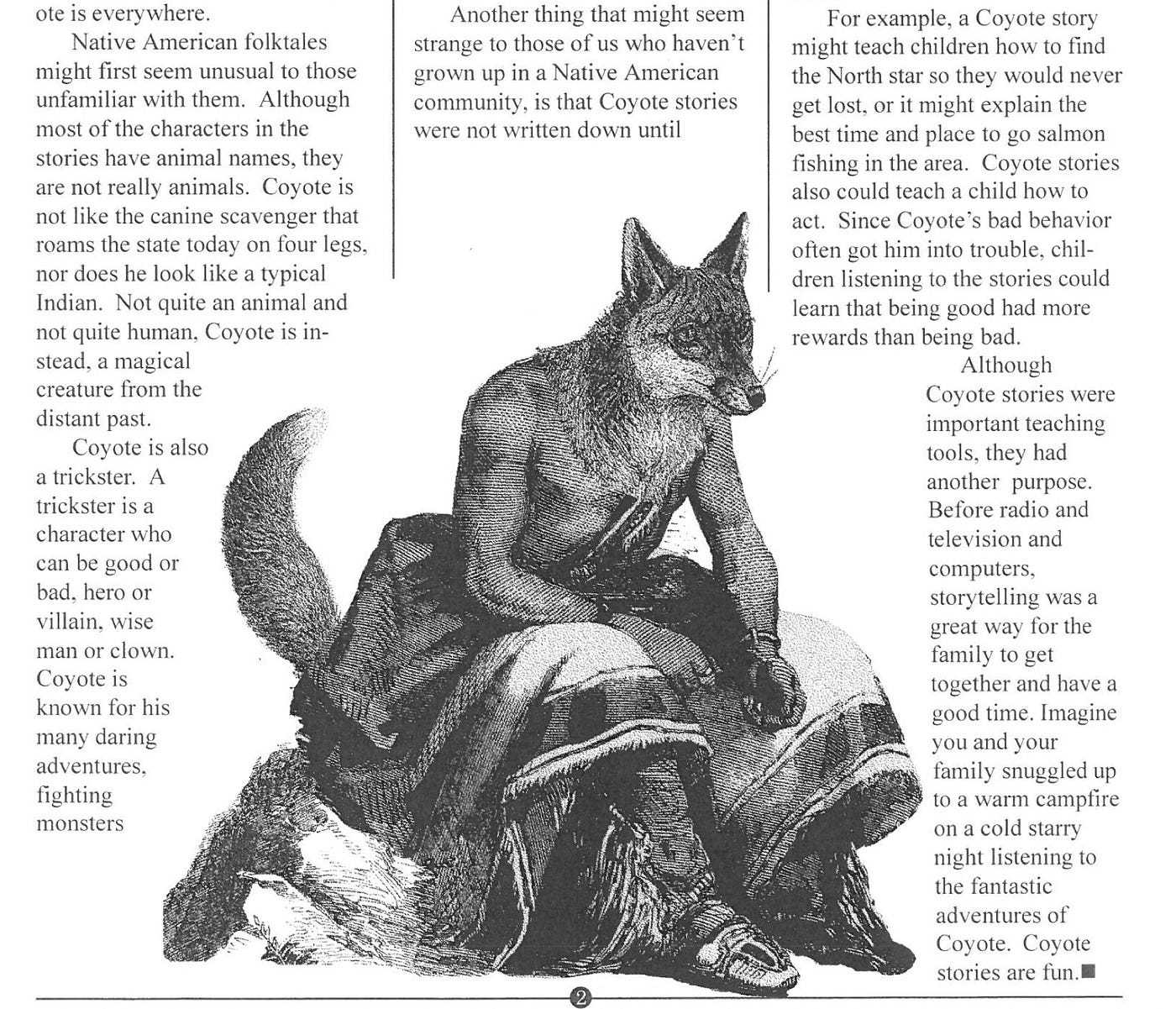When Did Philosophy Get So Boring?

As I wrote last time, we’ve got names all wrong. As Bryan Van Nordern has a book about, Anglo-European philosophy has devoured the entire term, to the exclusion of the world. And as the academy insists, poetry is in dusty white tomes in libraries and certainly not the strip clubs of Atlanta and clubs of Lagos, where in fact it literally lives and breathes. It’s actually a battle to call rap poetry, or to call even Chinese philosophy philosophy. The White Empire thrives on remaining nameless and giving the wrong names to everything else.
Philosophy
My wife is studying classical Indian philosophy at Oxford, but they call it classical Indian religion. Yet as one of her profs said, the distinction was meaningless at the time, and indeed still is. Yet I saw a ‘History Of Philosophy’ on a cousin’s desk and it started from Socrates and went through a bunch of dusty white men. No mention of the majority of the world or the majority of history at all. They’ve really monopolized the term.
The truth is that the incels of their day monopolized philosophy and made it this male, white, and boring thing. And this power structure is preserved today by universities that have dozens of people studying obscure permutations of Kant and often no one studying the philosophy of Africa, or Native Americans, or even China or India. It’s the same as their practice of calling us minorities and themselves a majority. It’s all back to the wrecking of names.
I studied philosophy (among other things) in university (at McGill) and the intro course was Logic which was A) really difficult and made no sense and B) which we never used again. I took philosophy of mind classes where the idea that there was no self was barely discussed, and certainly no context was brought from the deep thinking on the subject from Buddhism, Taoism,etc. A lot of it was philosophical dick-measuring among white men, obscure and difficult language and—with the exception of a few thought experiments—very few stories.
The big distinction made between philosophy and religion/superstition is that the latter are just stories. And yet, really, what’s the difference? It’s all stories, and ancient stories simply paint moral and ethical ideas with much more vivid colors. Instead of the ‘logic’ of A and B, you have the conversation of Arjuna and Krishna. Instead of abstract concepts bouncing off each other, you have engaging stories of real battles and love affairs which also point to higher truths. I’m not saying that abstract reasoning is not important, but the idea that it’s everything is sheer nonsense. The fact is that stories are remarkable ways of transmitting complex information because they’re so interesting. This interestingness isn’t frivolous. It’s highly functional.
The proving power of white philosophy, however, is in its works, leading as it did to the development of white science and White Empire itself. Yet if the proof is in the pudding, and the pudding is poisonous, what’s the point? Brian Yazzie Burkhart talks about embodied American Indian knowledge (as opposed to the disembodied white). He gives a very practical example of how the ‘obviously false’ and ‘superstitious’ knowledge of crop rotation within native culture compares to the scientific knowledge of the nitrogen cycle.


I guess you could say that the white knowledge of the nitrogen cycle is superior because it enabled them to pump natural gas into fertilizer and dramatically increase crop yields, but is it? What they have is knowledge without human understanding, and certainly without understanding of our relationship to the world. That relationship has been destroyed, the three sisters have been raped, and the soil grows barren while the sky burns. Clearly a clinical knowledge of the nitrogen cycle enables you to profit, but what does it profit a man to gain the world and lose his own soul?
The fact is that ancient stories far from being dumb superstitions were actually highly evolved ways of communicating information across thousands of years. Indeed, they’re so powerful that modern scientific ventures are still named after ancient gods. White science has figured out how to destroy millennia worth of resources in a few centuries and think themselves above the gods. In truth, they’re really just children that found their parents' gun. They have no concept of consequences at all.
Stories
Stories like that of the Native American Coyote or Aesop or even Jesus or Confucius perhaps don’t launch rockets, but they also don’t launch the whole Earth into the sun. Which was long considered the point of knowledge, to live better and happier in the world, not to strip it for all its worth and be miserable. Stories foster a human connection with information, an understanding, and enable a more holistic relationship with things than A > B so A can take whatever it wants and fuck the world.
More to the point, stories are interesting. The Vedas transmitted orally for so long because they’re so fascinating, because they’re more thrilling than any teledrama and yet also contain deep and dense philosophy for anyone that wants to look. Even the more modern story of Jesus is just that, his philosophy packed into an honestly made up birth story and a few slim witnesses saying that he definitely came back from death, but just decided to immediately bounce a few days afterwards. Whether the stories are true or not are irrelevant, the point is that they lead to truth. They change peoples hearts. They change people's deeds. And that’s what’s important.
Honestly, philosophers pointing to stories and saying ‘people can’t have elephant heads’ or ‘people don’t rise from the dead’ is like me pointing to the code underneath this computer program and saying it’s all meaningless gibberish. Because it all is. But the point is that if you believe in something it creates a system of references that can run its own simulation. And that simulation can create real experiences. In the same way, the simulation of stories works as well as math. It both renders and enables us to rewrite the world.
Getting to the point, stories are also interesting. They can be understood by children, told by mothers, all people pointedly excluded from white philosophy, which must be done by white men alone in rooms, while women wash their clothes and children leave them alone. Much of the wokening of philosophy has been women and people of color filling this same role, and not questioning the entire rotten edifice of it all. The fact is that philosophy is everywhere and in everyone that can tell a story. As Alison Gopnik writes in The Philosophical Baby, humble babies are the greatest philosophers of us all. Nobody develops philosophy, linguistics, and psychology at a faster rate, and certainly no adult has so much creative potential.
When I studied philosophy it was this thing I had to wade through, but throughout most of human experience we were just swimming in it. Philosophy was just our means of synthesizing this hallucination we call life and sharing it with each other and with god, however we expressed that concept. Then some pasty boys turned it into an obscure dick-measuring contest just like they made poetry boring and pedantic, but it doesn’t have to be like that. Indeed, it isn’t like that. Just like poetry pervades out of strip club and street corners, philosophy comes from plumbers and artists and children and housewives. Philosophy is also stories, and we all have them. Experience itself is just a story we tell ourselves before the long night of death. And these stories don’t have to be boring. Indeed they can be fascinating, enthralling, tragic, funny, and both life-affirming and deadly serious at the same time. Such is true philosophy, because such is life.